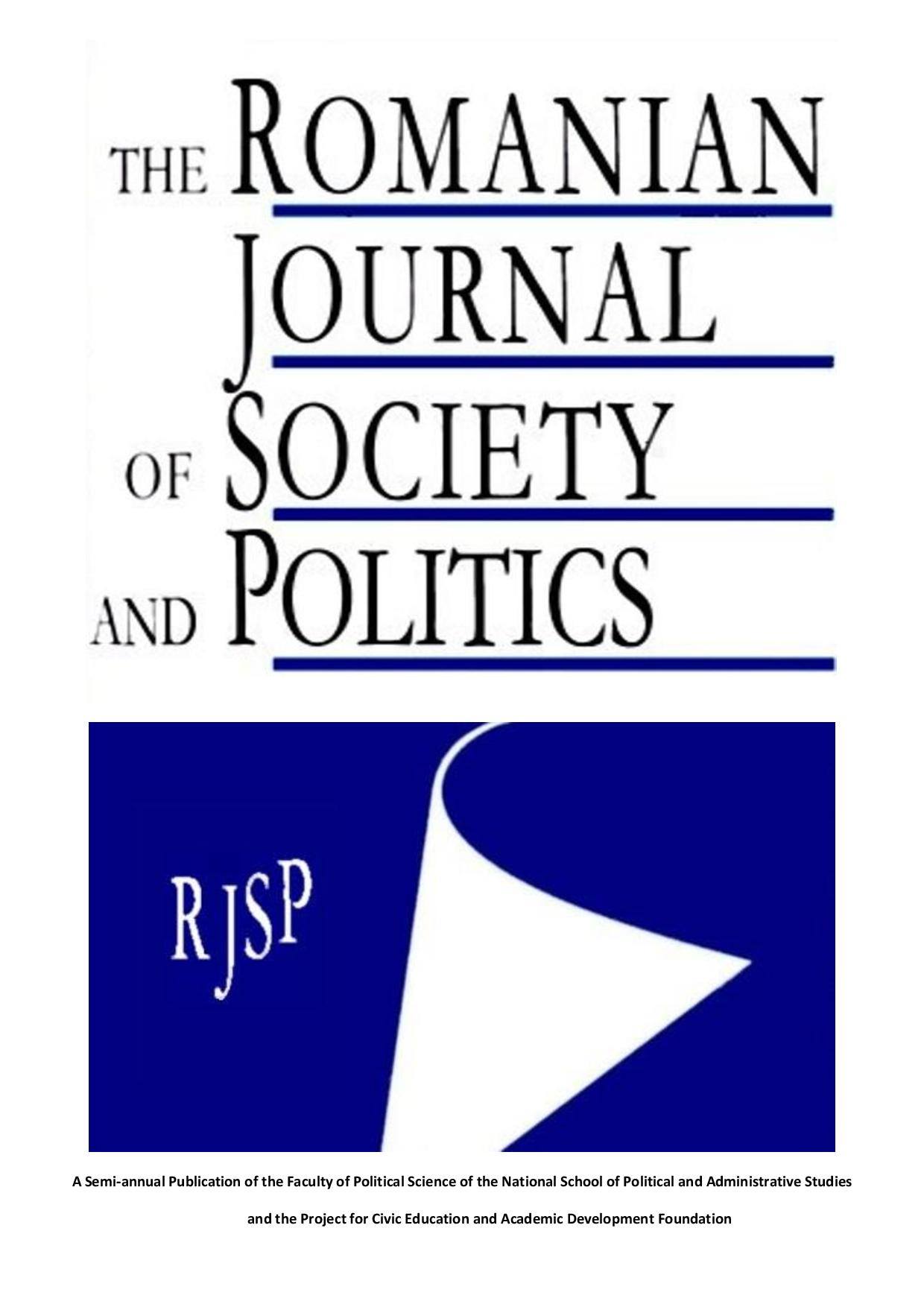JABOTINSKY-BEGIN-LIEBERMAN: THE CHANGING FACE OF THE LIKUD PARTY
JABOTINSKY-BEGIN-LIEBERMAN: THE CHANGING FACE OF THE LIKUD PARTY
Author(s): Jozef OlmertSubject(s): Politics / Political Sciences, Politics
Published by: Scoala Nationala de Studii Politice si Administrative (SNSPA)
Keywords: Jabotinsky`s legacy; Nationalism; Liberalism; Religion; Social awareness; Intelectual openness
Summary/Abstract: The portraits of Ze’ev Jabotinsky, the founding father of the Revisionist Zionist Movement, the mother party of the current Likud, as well as that of Menachem Begin, the first ever Likud P.M are always in display when the party holds its general conferences and occasional central committee meetings. Clearly, the party takes pride in commemorating the historic leaders and their political legacy. It definitely wants its members and supporters, as well as the general public to believe that this is the case. Almost a year ago, the Likud Party held its internal primaries, in which close to 70,000 member selected their list of candidates ahead of the Knesset parliamentary elections of 22 January 2013. Benny Begin, Dan Meridor and Michael Eithan, three veteran members of the Knesset and ministers were overwhelmingly voted out. The three had a common denominator; they were considered ‘’soft’’ Likudniks, moderate, Liberal-oriented politicians. They belonged to the ‘’oldguard’’, modeled on the traditional Revisionist Jabotinsky - Begin ideology. In their place, a group of younger leaders, known as more militant Likudniks,were elected to high places in the list of candidates. The Likud primaries were held shortly after the surprising announcement by P.M Netanyahu about the creation of an electoral bloc between Likud and the Israel Beitenu party, led by Avigdor Lieberman. Many political commentators related to both the results of the Likud primaries and the merger with Lieberman as the beginning of the ‘’new Likud’’, a development which practically was in the making for a long time, and finally got its formal seal ahead of the 2013 elections. This paper is not supposed to be a detailed history of the Likud party. It is not also a theoretical discussion of the processes which lead apolitical party, with a well-defined ideology to change this very ideology ,,while professing to adhere to it. Consequently, the paper is not using a methodology which is designed to create a comparison with similar situations in other countries. Rather it is intended to describe and analyze an important chapter in the political history of the State of Israel. The narrative emphasizes the various stages through which the party evolved, by concentrating on some of the significant developments which may have irreversibly changed this historic movement. So, the main changes are analyzed as they have evolved through a long period of time, and by emphasizing the roles of particular personalities. That is being done while putting them in the context of the changes which occurred in the politics of Israel in general, due to socio-demographic-cultural developments. The sources mainly used are such, that enable us to look at the political history of the party mostly from the perspective of those who either are opponents of Likud’s ideology to start with, or those who regret the changes described in the paper. The gist of the narrative is the rise of Likud to power in Israel, and staying there for 3 decades,thus taking the movement from a position of near political marginality into one of dominance. Still, the political power of Likud, judging by the number of seats in the Knesset is in a state of gradual decline. Israel is known for its shifty politics, so it is premature to predict the demise of the Likud party, and the end of the era of its political dominance,but it is definitely not premature to show, as this paper tries to do, that the current party, with AvigdorLieberman as a key figure is fundamentally different from the movement molded after the legacy of Jabotinsky and Begin.
Journal: Romanian Journal of Society and Politics
- Issue Year: 9/2014
- Issue No: 1
- Page Range: 137-152
- Page Count: 16
- Language: English

